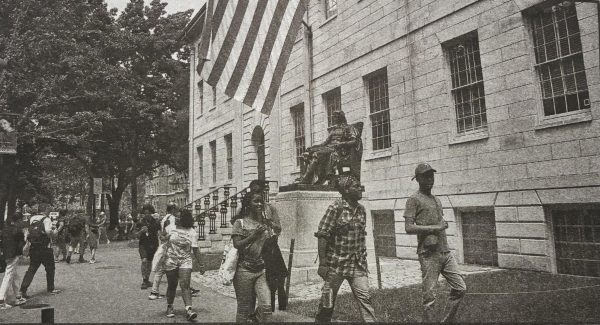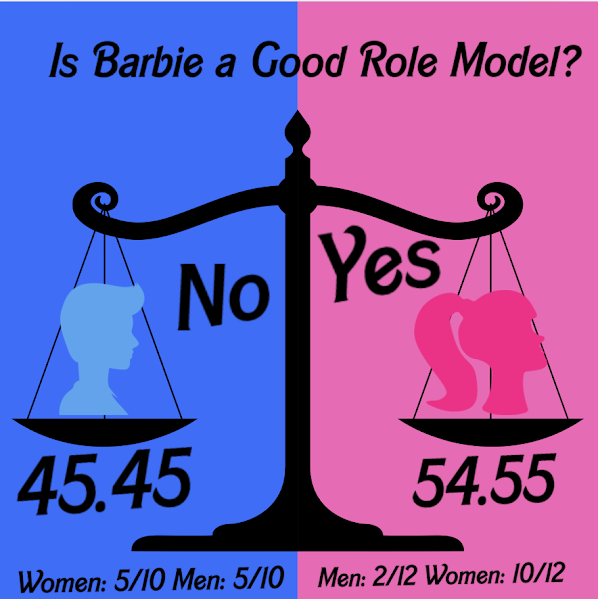Start School Later – Pro
A proposed bill would have all New Jersey public schools be required to start their school day no earlier than 8:30 a.m., and should it succeed, it will greatly improve public schools.
Hallways inundated by sleepy students is a familiar sight and we are not alone. High schools that start earlier than 8:30 a.m are torturing their students, whose biological clocks are not designed for earlier wake-up times and therefore earlier bed times.
The American Academy of Pediatrics (AAP) describes the biological changes in teen sleep preferences as a “phase delay,” where, starting at puberty, adolescents’ bodies desire to go to sleep and wake up up to two hours later than they did in childhood. This “phase delay” makes it nearly impossible for teens to fall asleep before 11 p.m., and difficult, even dangerous, to wake up before 8 a.m.
Obviously, a starting time of 7:40 a.m. (in Warren Hills’ case) grossly prevents students from getting the sleep that is necessary and in tune with their biological clocks. Homework and general inability to fall-asleep thanks to their “phase delay” leaves most teens in bed at 11 p.m. at the earliest.
In order to get eight to ten hours of sleep, as recommended by the American Academy of Sleep Medicine (AASM), teens would have to wake up at 7 a.m. the at earliest, and for many, this is impossible, as pick-up times for most bus routes require students to be ready to go at least a half hour before school actually starts. Obviously, a half hour is the minimum; many students devote extra time in the morning to getting ready, studying for assessments later in the day, and any other morning activities.
An early start time keeps students from getting the amount of sleep they need, which leads to health problems or other harmful incidents. According to the Centers for Disease Control (CDC), adolescents who lack sleep are more likely to be overweight, be depressed, engage in risky behaviors and perform poorly in school.
In addition, schools who pushed their start times back by just one hour saw motor vehicle accidents for teenagers drop by 16.5% and hours of sleep per night improve, according to one study, with the decrease in adolescent car crashes clearly tied to the increased sleep.
Better sleep from a later start time will also mean less adolescent dependence on caffeine. Energy drinks in particular have been associated with negative behavioral effects on adolescents and young adults “such as marijuana use, sexual risk taking, fighting, smoking, drinking, and prescription drug misuse” as well as physical effects like “insomnia, nervousness, headache, fast heartbeat, and seizures’ according to the Substance Abuse and Mental Health Services Administration (SAMHSA). If schools would push back their start times, adolescents wouldn’t need to be dependent on caffeine, and would no longer experience its negative effects.
If this bill is passed, New Jersey will be taking a step in the right direction and setting a good example for the rest of the country. America, please stop torturing your own children.











